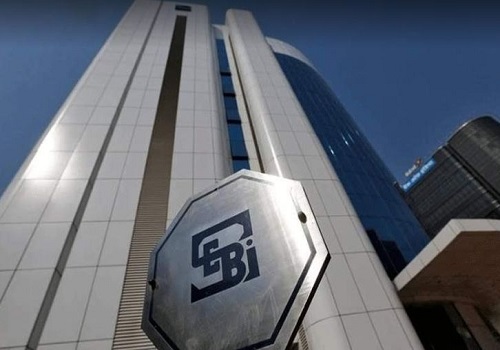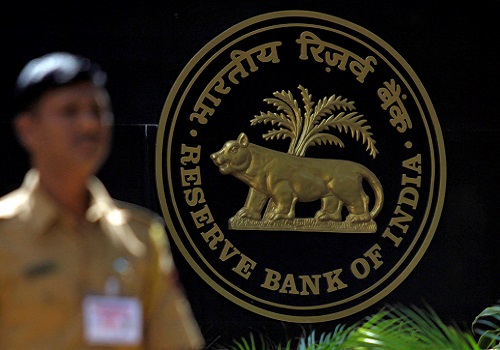Foreign investors ask Indian regulator to delay quicker trade settlement plans

Follow us Now on Telegram ! Get daily 10 - 12 important updates on Business, Finance and Investment. Join our Telegram Channel
MUMBAI - Foreign investors in India are pushing the country's market regulator to delay its plans to implement a quicker settlement of trades by bourses - a "complex and costly" move they say poses several operational as well as business challenges.
The Asia Securities Industry & Financial Markets Association (ASIFMA) along with two other industry bodies sent an open letter to the Securities and Exchange Board of India (SEBI) on Thursday asking for a consultation before the new regime comes in next year.
Despite objections from Indian brokers, SEBI this month allowed stock exchanges the option to shorten the time to clear trades to 24 hours after execution from the current 48-hour cycle.
A quicker settlement - the actual transfer of shares and money after a trade - will help increase liquidity for traders, reduce market risks and cut margin requirements.
But ASIFMA along with Asia TraderForum and the Investment Association, that represents investment managers in the UK, said the move will be especially challenging for foreign investors due to time zone differences and the involvement of global and local custodians and forex banks in different jurisdictions.
"It is important also to bear in mind risks not only to investors but also to brokers, custodians and other market participants arising from failed trades or failed settlement," they said in the letter.
SEBI did not immediately respond to a request for comment.
The lobby groups said they represent foreign portfolio investors with investments worth $655 billion or roughly 20% of India's market capitalisation.
The associations said it would take longer to migrate to the new system with process redesign, substantial investments in technology and better real-time processing capabilities.
In February, global securities settlement house DTCC proposed https://reut.rs/2ZzTnNh a two-year timetable for introducing one-day settlement to cut risk in securities transactions in the United States.
SEBI this month allowed bourses the option to shift to the new cycle from Jan. 1, 2022, with a one-month notice to the market.
























